How Cup, Xfinity, and Truck Series Differ in NASCAR
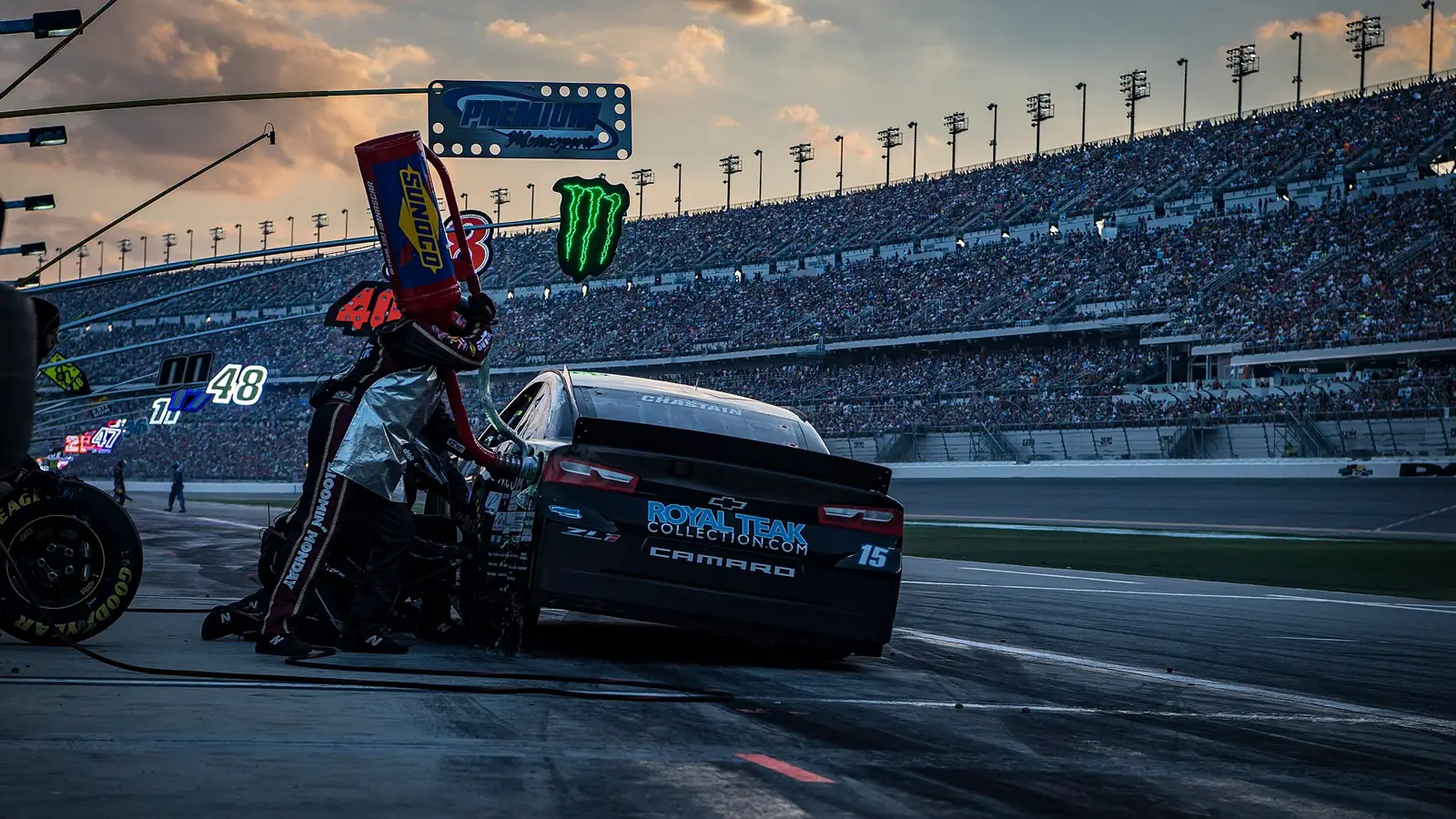
Understand the key differences between NASCAR’s Cup, Xfinity, and Truck Series — cars, drivers, and purpose across racing’s top tiers.
When you hear "NASCAR," chances are you think of the Cup Series: the roaring crowds, the Daytona 500, the biggest names in stock car racing. But NASCAR is more than just one league — it’s a structured ladder of competition designed to develop talent, entertain diverse audiences, and keep the engines running at every level of the sport.
Let’s break down the three major national series — Cup, Xfinity, and Truck — and see what sets each apart.
Cup Series: The Premier League of Stock Car Racing
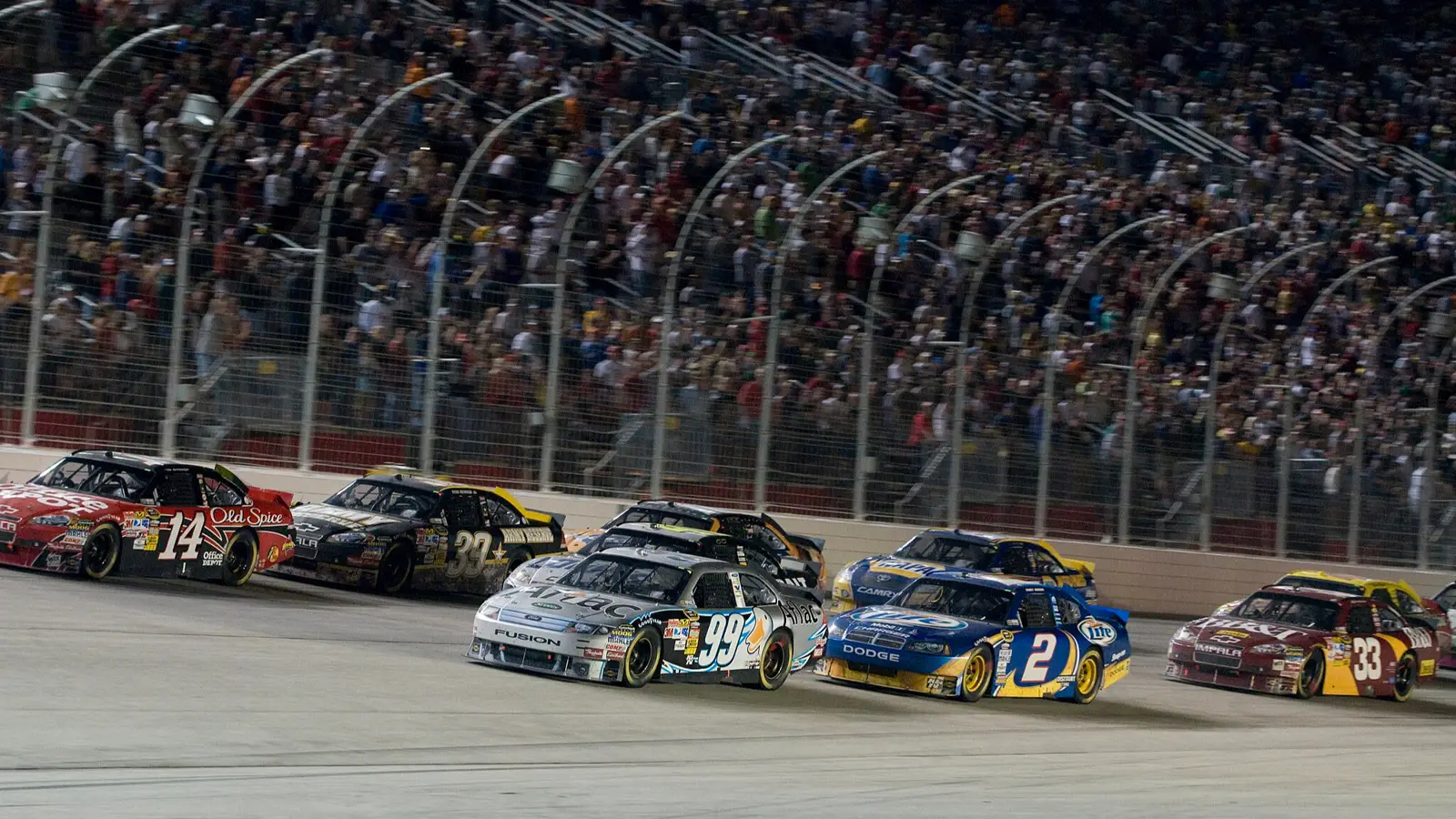
This is NASCAR’s top tier — the major leagues. The Cup Series is where legends are made and champions crowned. Featuring around 36 races annually, including the iconic Daytona 500, this series boasts the sport's biggest stars, most advanced cars, and massive corporate sponsorships.
- Cars: Technologically advanced “Next Gen” vehicles with high horsepower, sleek aerodynamics, and top-tier engineering.
- Drivers: Elite professionals, often with years of experience in lower series.
- Payouts and Prestige: The highest in NASCAR — this is where the money and legacy live.
- Format: A regular season followed by a high-stakes playoff system that ends in a four-driver championship shootout.
Xfinity Series: The Proving Ground
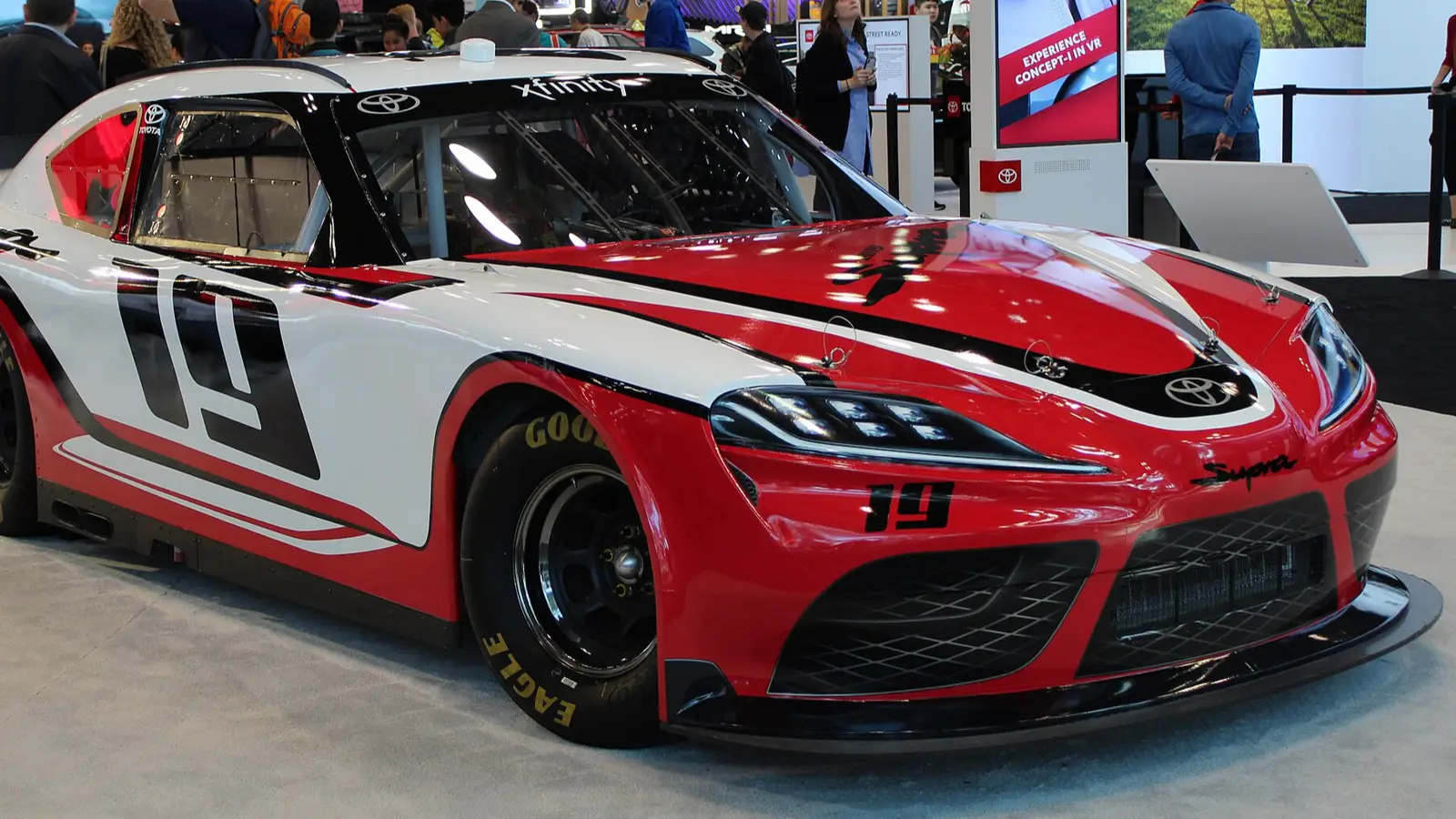
Think of the Xfinity Series as NASCAR’s junior varsity — but don’t underestimate the talent. This is where up-and-coming drivers cut their teeth and veterans come to mentor or retool their careers. While the races often run on the same tracks as Cup events, the atmosphere is a bit looser, the cars a bit less powerful, and the stakes more developmental than legacy-driven.
- Cars: Similar in appearance to Cup cars, but with different specs and slightly lower performance.
- Drivers: A mix of rising stars, Cup Series crossovers, and experienced journeymen.
- Purpose: Grooming future Cup talent and giving teams a competitive, lower-budget platform.
- Highlights: Wild finishes and high-energy races are common, making it a fan favorite for raw action.
Truck Series: Where Tradition Meets Grit
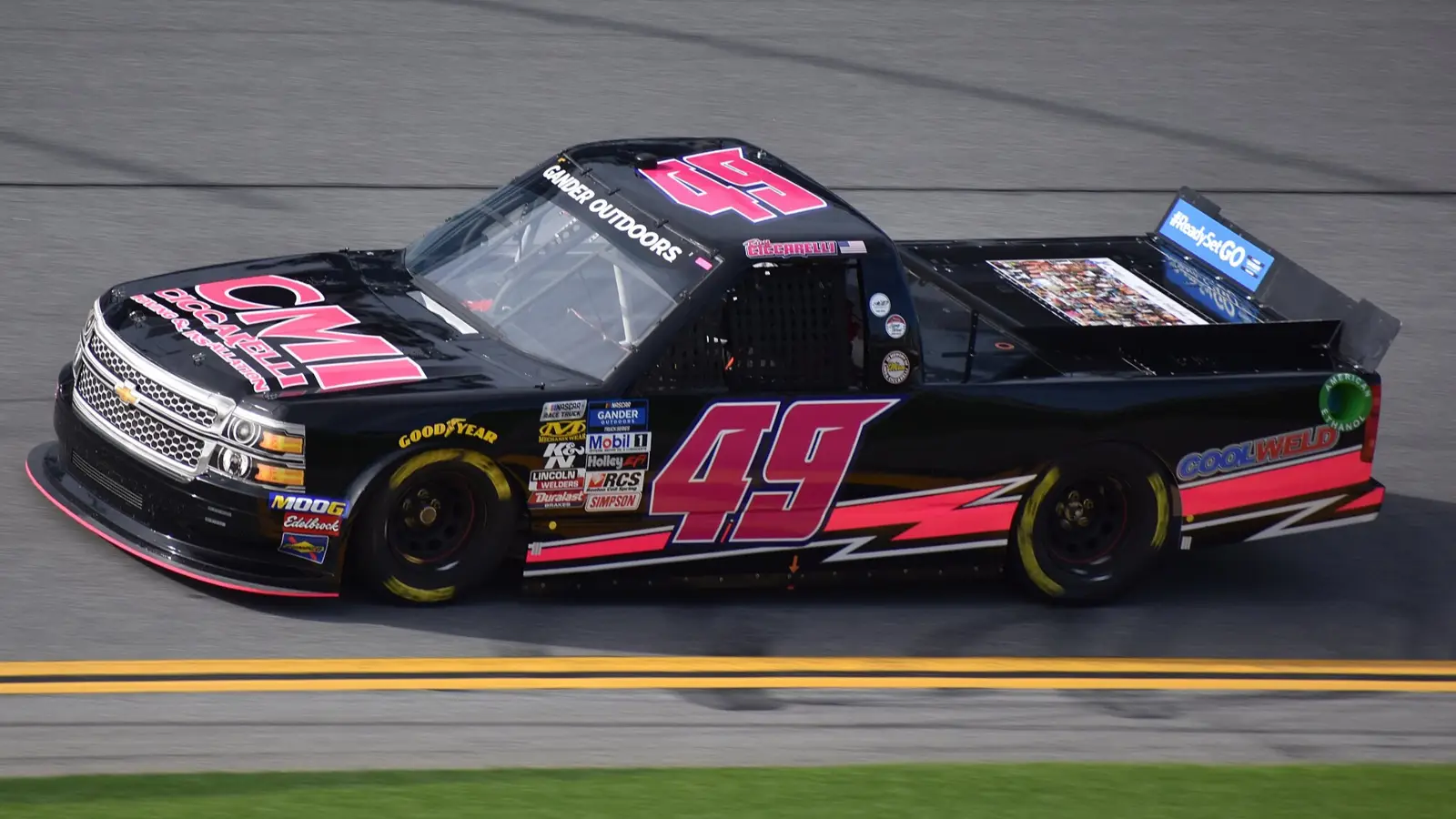
Officially known as the NASCAR Craftsman Truck Series, this is the only NASCAR national series that uses pickup trucks. Launched in 1995, it brought a unique spin to the sport and quickly developed its own passionate following.
- Vehicles: Modified pickup trucks with their own aerodynamic challenges.
- Tracks: More short tracks and smaller venues than other series — often closer to grassroots racing.
- Drivers: A blend of rookies, local talents, and a few veterans looking for extra seat time.
- Vibe: Blue-collar, no-nonsense, and unpredictably thrilling.
So Why So Many Series?
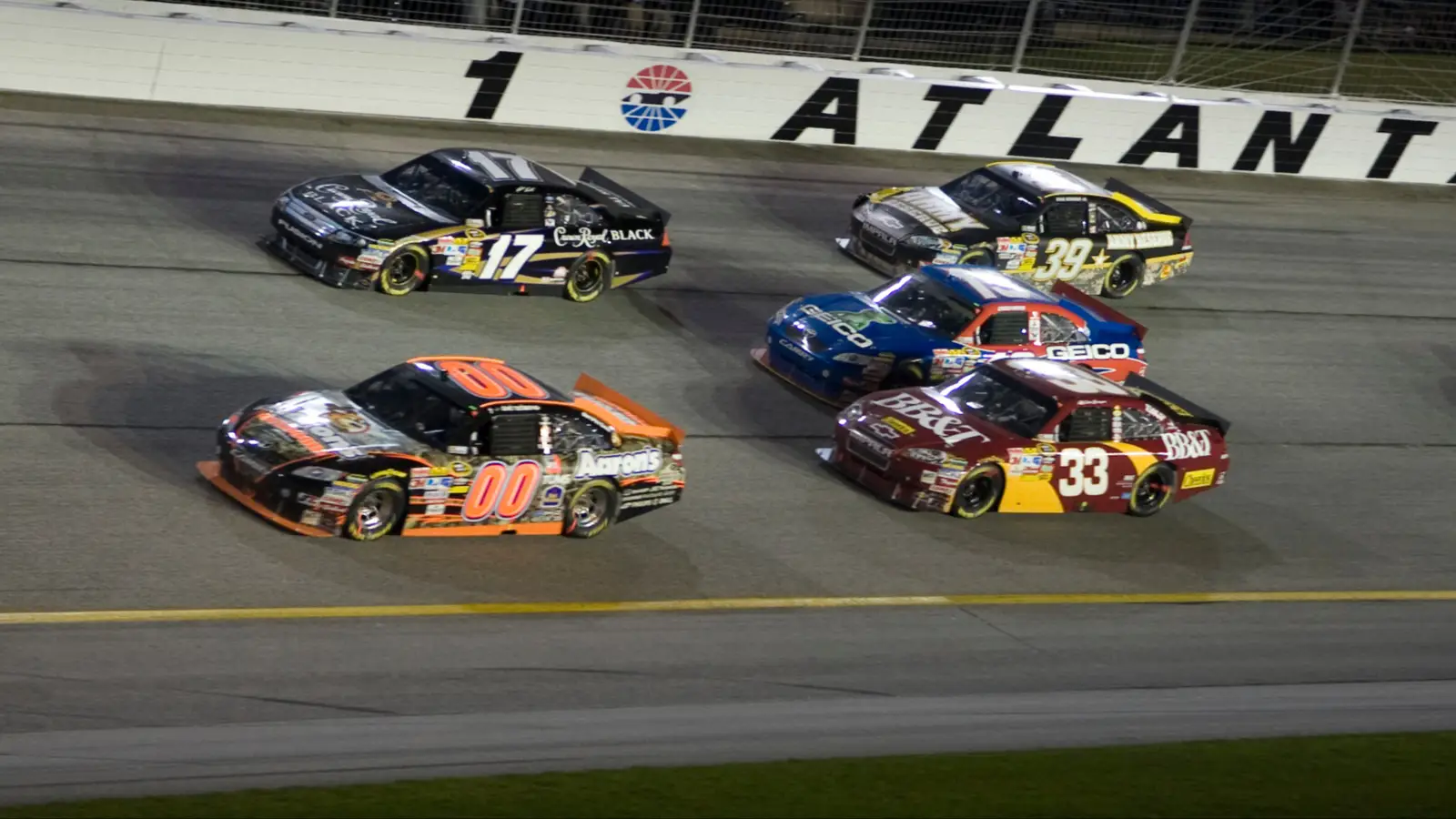
It’s not just about hierarchy — it’s about diversity and sustainability. NASCAR’s tiered system allows talent to rise, offers different kinds of racing experiences, and keeps the sport thriving at all levels. From the mega-events of the Cup Series to the gritty charm of Truck races, each tier has its own story to tell.
Whether you're watching polished pros or hungry underdogs, one thing’s certain: NASCAR’s heart beats loud across every series.
Allen Garwin
2025, May 02 14:57


